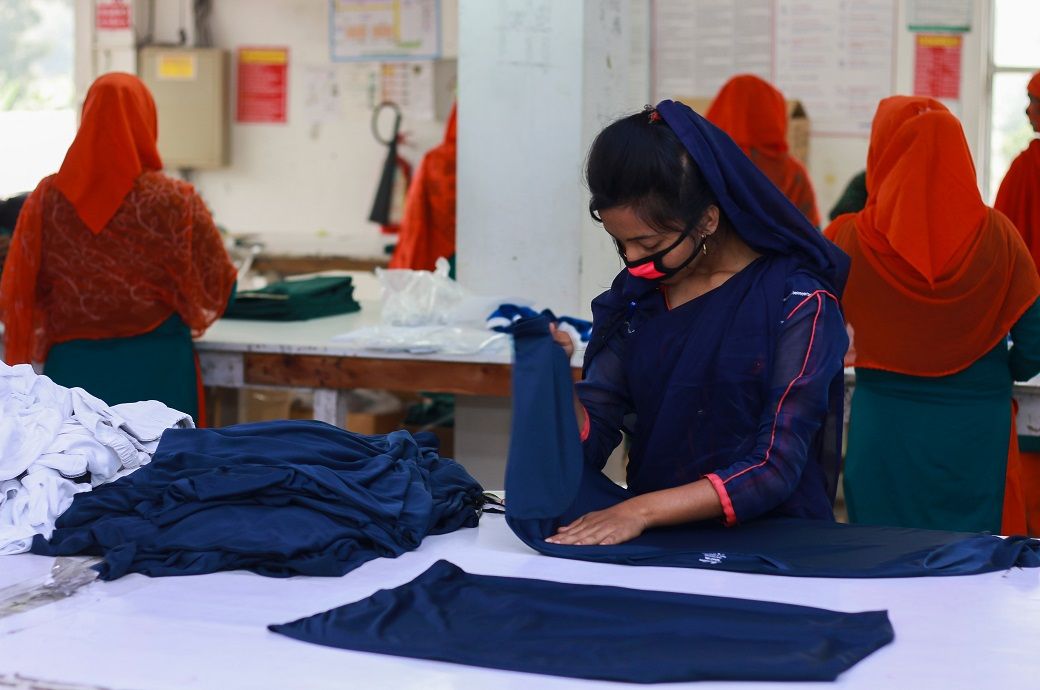
Customised strategies must be followed for each product-market combination to further penetrate existing markets, enter relevant new markets and diversify products, the report titled ‘What's next for the RMG sector in Bangladesh?’ noted.
Efficient functioning of businesses needs to be backed by industrial infrastructure and logistics to reduce cost of operations, make operations environment-friendly and safe, and reduce the response time and overall business risks, the report said.
Quality utilities need to be sufficiently available at competitive prices, it said.
Geopolitical tension between major markets and manufacturing countries, cotton price fluctuations, global geopolitical conflicts and the COVID-19 pandemic have changed the overall trade dynamics of the global textile and RMG industries, which have been experiencing a series of disruptions in the last five years, the report noted.
For such business in the country to survive and make profits, transformation is required at both the company and country levels, it said.
These labour-intensive industries need continuous skilling, re-skilling and up-skilling of human resources, adoption of new technologies, development of new products, improving process efficiencies and enabling innovation, said the PwC report.
Some of the new technologies that the report suggested could be adopted include business intelligence tools, 3D design, automation, barcodes, RFID, blockchain, laser technology and nano-bubble technology.
The industry also needs to focus on circular economy, sustainable product designing, green chemistry, net zero commitments, measurement and control of emissions and baselining the scope of emissions, living wages, and clearly defined career progression paths for the workforce, the report said.
The industry also must ensure continuous supply of good quality power at competitive prices, improved efficiency in port, road transport, custom clearance processes with lesser human intervention, improved occupancy of industrial zones and strengthening of textile manufacturing capacity, especially that of finished woven fabric, it added.
Fibre2Fashion News Desk (DS)